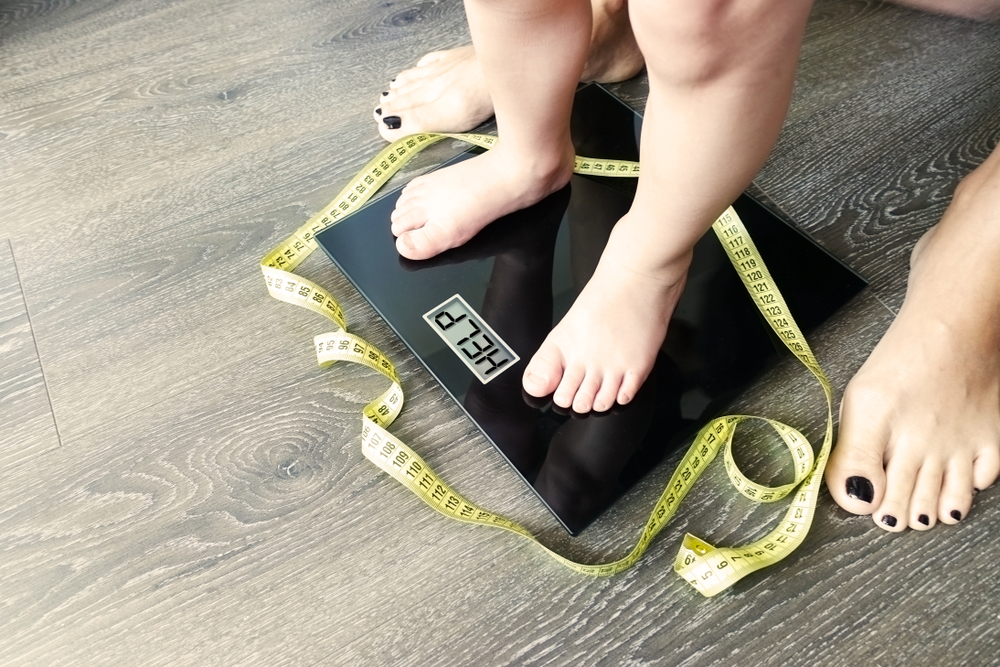Normal Our Body and Health Worksheets for Ages 3-6
6 filtered results
-
From - To
Discover our engaging "Normal Our Body and Health Worksheets" designed specifically for children aged 3-6! These interactive worksheets introduce young learners to essential concepts about human anatomy and promote healthy habits in a fun and accessible way. Children will explore different body parts, understand their functions, and learn about maintaining good health through enjoyable activities. Our resources encourage critical thinking and creativity, making learning about the human body exciting and age-appropriate. Perfect for early childhood classrooms or at-home learning, these worksheets foster curiosity and lay the foundation for lifelong health awareness. Download now and inspire your child's learning journey!


The 5 Sense Scientist Worksheet
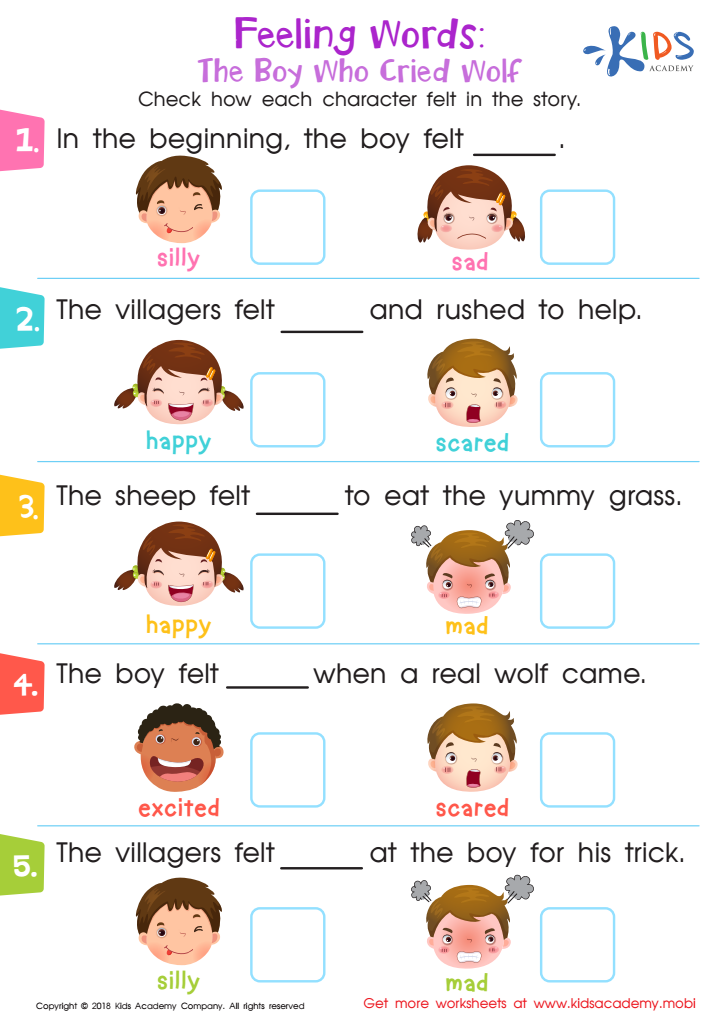

Feeling Words: The Boy Who Cried Wolf Worksheet
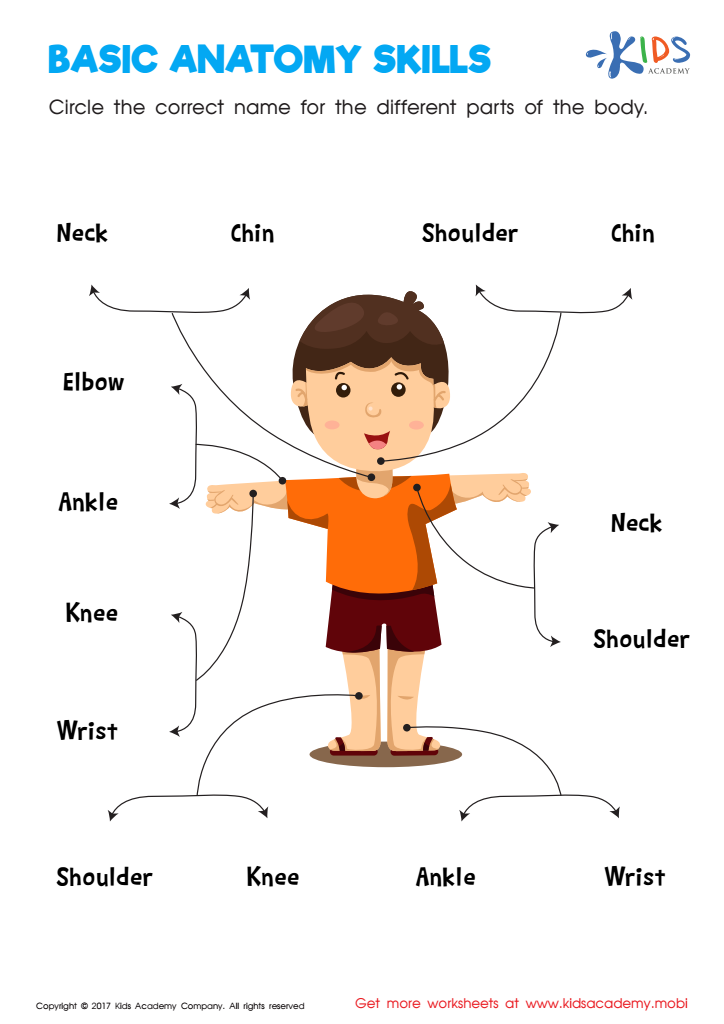

Basic Anatomy Skills Printable
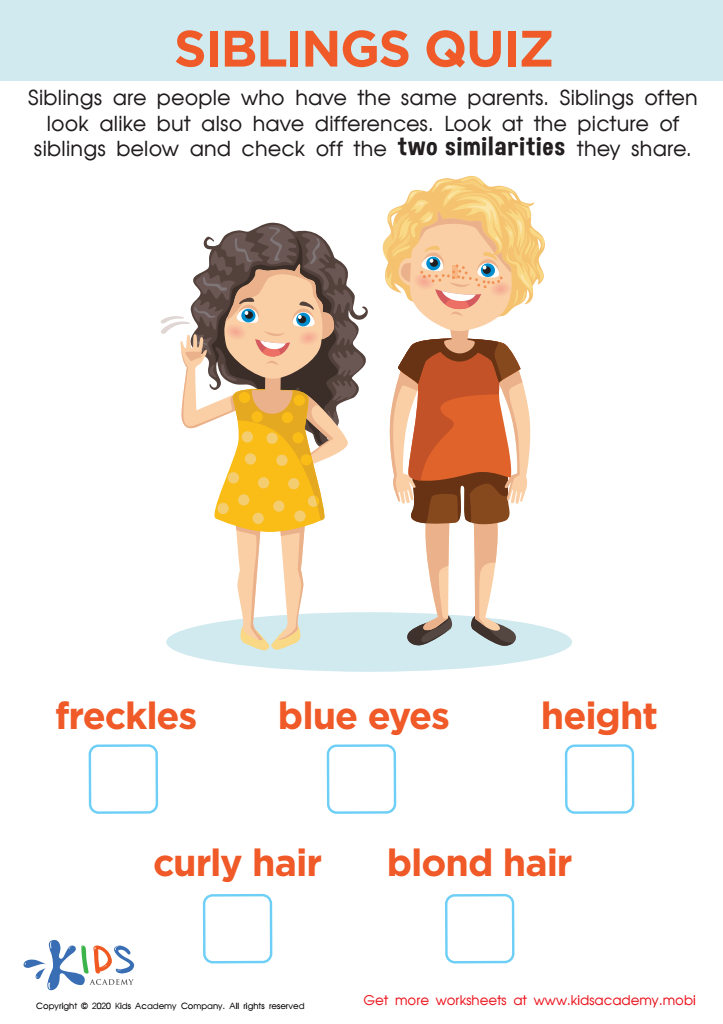

Siblings Quiz Worksheet
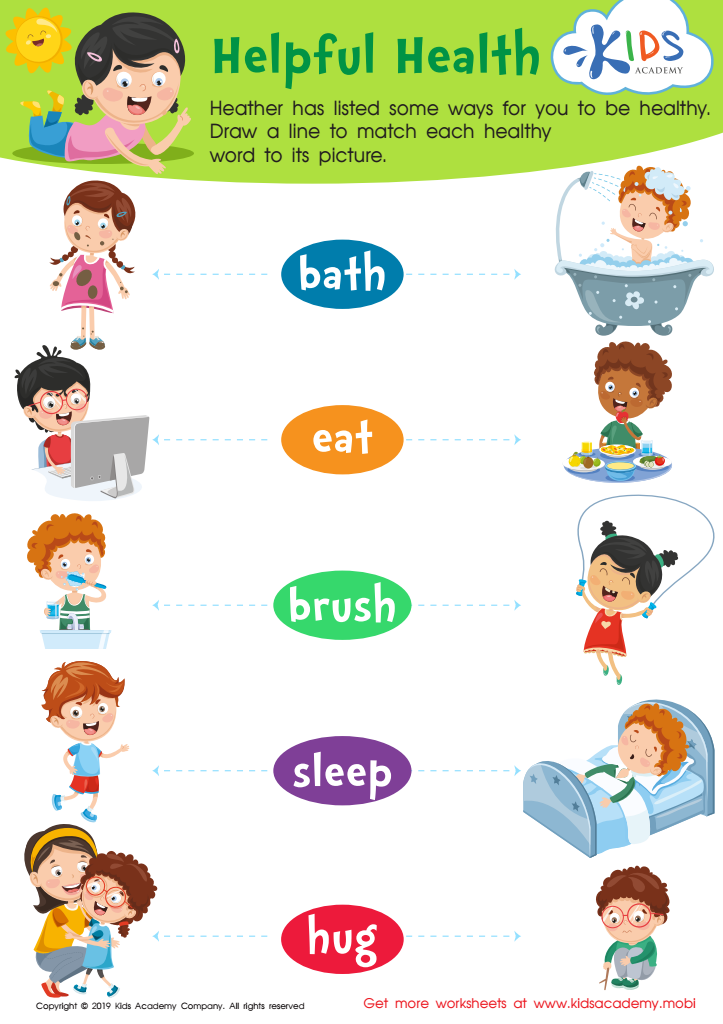

Helpful Health Worksheet
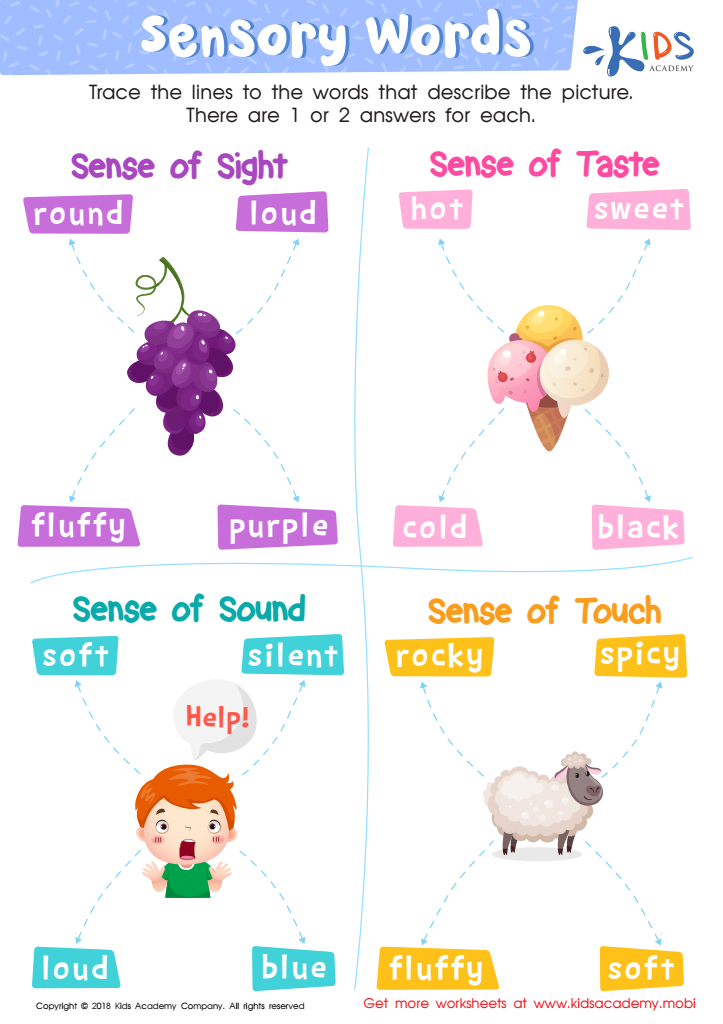

Sensory Words Worksheet
Parents and teachers should understand the importance of teaching young children about Normal Our Body and Health for several crucial reasons. At ages 3 to 6, children are naturally curious and eager to learn about their bodies and the world around them. Introducing topics related to anatomy, hygiene, nutrition, and emotional well-being at this stage lays a strong foundation for healthy habits later in life.
Promoting body awareness helps children feel more confident and comfortable in their own skin. It encourages them to express their feelings and tell trusted adults if something feels wrong, fostering open communication about health concerns. Additionally, teaching basic concepts like healthy diets and the importance of physical activity instills good lifestyle choices early on.
Moreover, a solid understanding of health can contribute to social-emotional learning. Children develop empathy and respect for others' bodies and personal boundaries, creating a more compassionate environment. By prioritizing these topics, parents and teachers can empower children to take charge of their health and well-being, leading to happier, healthier lives. Overall, instilling knowledge about Normal Our Body and Health forms a critical part of early education that supports lifelong learning and wellness.
 Assign to My Students
Assign to My Students


